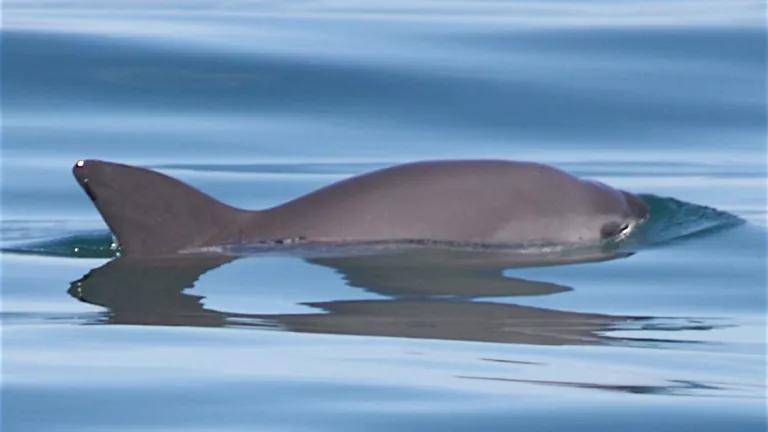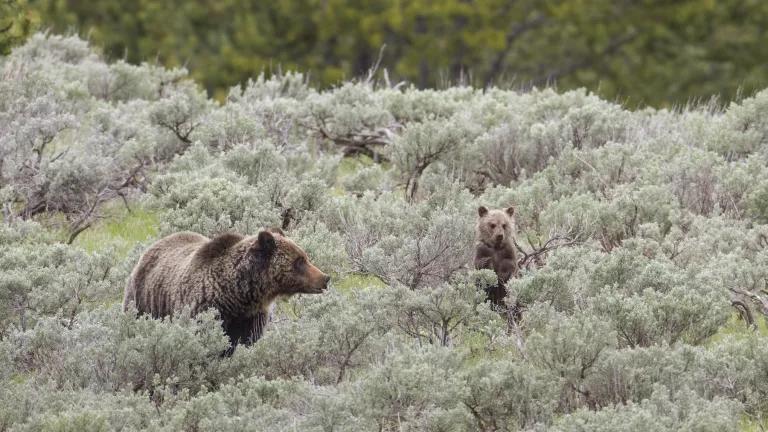
Thomas A. Jefferson
The vaquita's status has never been more perilous. With fewer than 15 remaining and a decline rate of about 50 percent per year, the most endangered marine mammal on the planet (perhaps the animal species closest to extinction in the whole world) is looking extinction straight in the face. Nonetheless, the conditions necessary for the recovery of the porpoise species, native to Mexico's northern Gulf of California, have never been more aligned. Existing on a razor's edge, it is up to us to do everything in our power to save them.
First, the bad news. The next totoaba season is approaching. The illegal fishing of totoaba in the upper Gulf of California has been a significant contributor to vaquita decline for the past decade. Breaking Mexican law, fishermen catch totoaba using gillnets, which also inadvertently entangle and drown vaquita. They cut out their swim bladders, discarding the rest of the fish on Baja's desert beaches, and then smuggle the swim bladders to markets in China and elsewhere, where the bladders are a prized ingredient in fish maw soup.
There's little evidence that Mexican efforts to end the illegal fishing of totoaba in the northern Gulf of California have been working; last year 400 active gillnets used to catch totoaba were removed from vaquita habitat. In addition, gillnets used in other fisheries, some legal and some not, like shrimp, curvina, chano, and Sierra continue to threaten vaquita. For example, last year, Mexico's Minister of the Environment noted that vaquita are threatened by gear used to catch shrimp and multiple types of finfish. With fewer than 15 vaquita remaining, Mexico's continued failure to get gillnets out of vaquita habitat weighs heavily against vaquita survival as a species.
But now the good news. NRDC, the Center for Biological Diversity, and the Animal Welfare Institute filed a lawsuit last year and won preliminary relief that resulted in an embargo of fish caught with gillnets from the vaquita's range. That embargo is putting pressure on Mexico to improve its regulation and enforcement of legal and illegal gillnet fishing to better protect the vaquita.
And, at the end of 2018, the Chinese Customs announced the results of its crackdown on a totoaba swim bladder smuggling gang, resulting in the arrest of 16 gang members and the seizure of more than 950 pounds of totoaba swim bladder. If China continues to keep the pressure on totoaba smugglers and if Mexico and the United States similarly ferret out and destroy totoaba smuggling rings, demand for totoaba may drop, reducing fishing effort in the northern Gulf of California, which should also reduce vaquita bycatch.
What's happening in Mexico, in the United States because of our litigation, and in China is good news for vaquita. Don't get me wrong, I'm no Polyanna and vaquita recovery remains improbable given how much it depends on Mexico keeping promises on vaquita. Unfortunately, the country has routinely been unable to make good on its promises in the past and things like supply-side responses to Chinese enforcement actions that may come too late to make a difference on the water. But I've also never been more hopeful about how things seem to be shifting in the vaquita's favor. With that in mind, now is not the time to let up. We must double down on what's working and not let up until gillnets are eliminated from vaquita habitat, giving the species a chance to bounce back.




